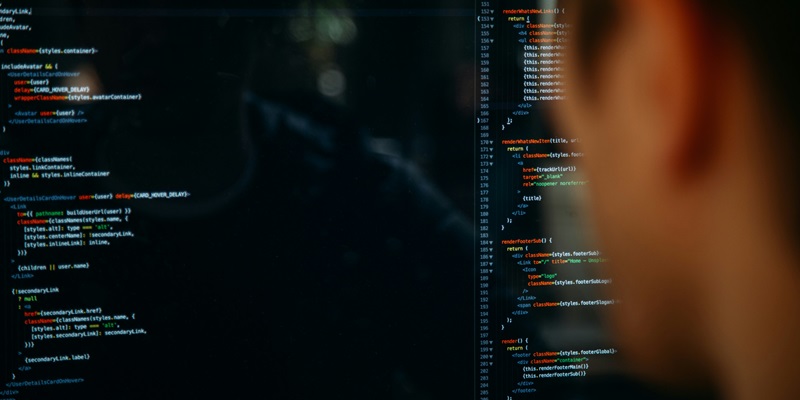Generative AI is revolutionizing Salesforce testing, epitomized by Copado’s Test Copilot. By utilizing AI to craft and hone test scripts, the tool marks a shift towards more efficient testing within Salesforce. Traditional methods, typically labor-intensive and requiring deep technical know-how, are now streamlined by Test Copilot’s ability to turn user activity into functional tests and to improve them. This advance promises quicker, high-quality releases, preemptively tackling technical debt.
Embracing Test Copilot or similar AI-driven resources suggests a pivotal change in Salesforce testing, enhancing developmental agility and ensuring quality. As the industry leans into these technologies, it’s clear that generative AI may be pivotal to the evolution of Salesforce testing, endorsing swifter delivery and more robust applications.
Rethinking Traditional Testing
Generative AI is revolutionizing Salesforce testing by automating the creation and updating of test scripts, a traditionally time-consuming task. With AI’s ability to process natural language, testers can now communicate with systems more easily, making the process less technical and more user-friendly. The technology’s probabilistic nature does require careful integration to ensure test reliability.
As AI reshapes testing, it influences broader software development practices, enhancing team collaboration within DevOps and transforming workflows. Consequently, roles and skills in Salesforce development and testing are evolving. Generative AI’s growing influence suggests a significant redefinition of the Salesforce testing realm, signaling a shift towards more AI-integrated development environments. The rise of generative AI in Salesforce not only improves specific tasks but also brings about a more collaborative, dynamic approach to software creation and maintenance.

